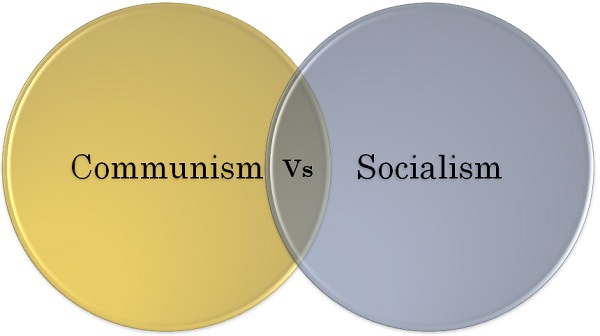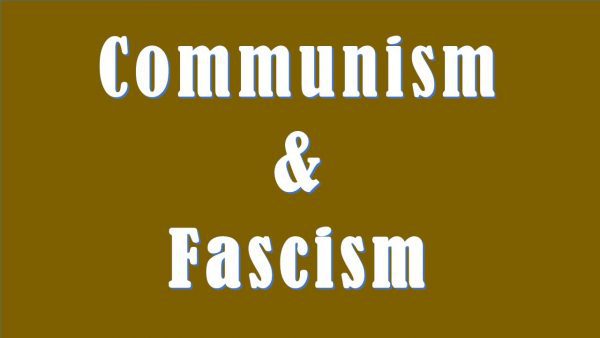Communism Vs. Socialism: What Are The Main Differences?
The two concepts have sort of a part-whole relationship, which, in turn, allows for a communism vs. socialism realization. Moreover, each term represents a specific stage of development that cannot be rolled down into one.
Both communism and socialism are considered political-economic systems that advocate common ownership and a centralized governmental law, but there are quite a few differences between communism and socialism.
What is Socialism?
Socialism, to be exact, can be considered as the early stage leading up to communism. Being a preliminary theory, however, socialism is bound to vary from later-on communism principles. Adam smith was a prominent economic figure who first wrote about “common ownership” back in 1776.

Despite the common notion of general equality shared among communism and socialism, the difference is that the latter is primarily known for a specifically economic foundation.
Socialists were known to advocate democratic centralism and libertarian socialism, and their mantra was “from each according to his ability, to each according to his contribution.” That said, socialism also states that all people should have access to public goods and general articles of consumption in order to maintain self-actualization.
Properties were of two kinds; public property (means of production, industries, factories, etc.) and personal property (houses, clothes, gold, etc.). On a different note, socialism didn’t exactly roll out religion as most people believe; the movement actually stood for freedom of religion, but it showed a distinct inclination towards secularism.
What is Communism?

In actuality, communism is considered as the developed socialism stage; this political movement, directly opposing capitalism, took the principles socialism advocated and pretty much gave them structure allowing for communism vs. socialism realization.
Karl Marx, along with German philosopher Freidrich Engels, wrote the Marxist communism manifesto back in 1848.
Communism Vs. Fascism: What Are The Differences
Unlike socialism, however, communism stresses on a political point of view. Basically, communism wanted to eliminate classes; common ownership and planned economy were the building foundation for most, if not all, communism principles.
In that sense, a working doctor, for example, was subject to receive the same distributed profit a repair man would; their mantra was “from each according to his ability, to each according to his needs.” Communists believed the government must own all lands and means of production thus eliminating distinction among people.
Unlike socialism, communists such as Engels and Lenin believed that religion was a seductive force designed to lure and disorient people. They described it as a “drug” meant to be abolished and overthrown in order to sustain belief in a unified anti-classes society.
Recommended for you:
Differences Between Communism and Socialism
So let’s get to the main points. Here are the main differences between communism and socialism.
Communism |
Socialism |
|
|
|
|
|
|
|
|




